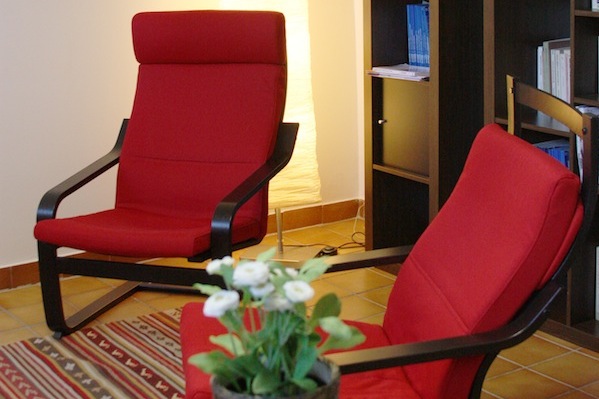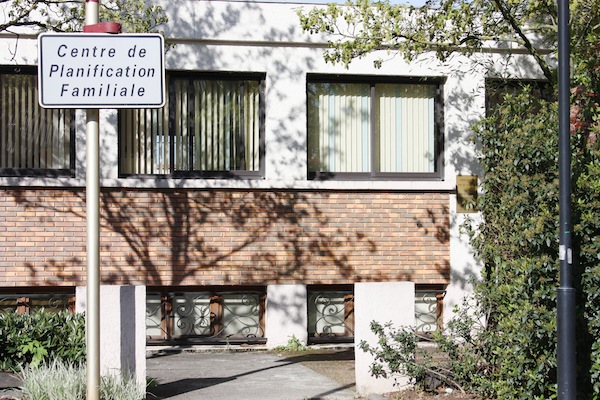what happens if you press the brake too hard
Reduced Brake Performance. ABS systems may be to blame. What happens when you are braking is that the cars engine control unit or ECU gives a command to stop the supply of fuel running to the engine. It is possible but not likely that an engine malfunction could lock up the transmission which could stop the wheels from turning. The squealing is caused by metal on metal contact. If your brake system is okay, a technician will go ahead and replace your pads. Youll notice immediately your vehicle takes a longer time to stop or slow down. Check out these three tips for dealing with a soft brake pedal as safely as possible. Sign up to view official DVSA explanations and references to this question. 1988 Honda Hawk. Anything less than that will contribute to the pedal being harder to push. What happens if you press the brake too hard? Constant hard braking can trigger your ABS when it isnt needed, wearing out and stressing the system prematurely. It can also reduce tyre traction and wear a flat spot onto one or more of your tyres and damage your drive shaft. You should periodically replace your brake fluid because it deteriorates over time. Even if you don't collide with another car, slamming on the brakes may throw you or your passengers forward. A parking brake may become stuck/seized but it almost never happens if you always use the parking brake and always put it through enough travel. There is no absolute best press brake. There is, however, an absolute best press brake for you, and that really is the heart of your question. Youre pretty sure you need a new press brake. Youve budgeted for the purchase, but whats your return on the investment? You have dozens of drive system types and styles to choose from. It can also cause the brakes to overheat. Slamming on the brakes might cause you to lose control of your car, particularly on wet or snowy roads, and wind up in an accident. However, the braking will be unassisted, meaning youll have to press the pedal a lot harder to get your vehicle to stop.
What happens when you brake too hard/fast [vid] Close. This sudden motion could make everyone's heads jerk, causing neck or even brain injuries. to test your brake assist is working. So, if your fuel pump is damaged, what happens here is that the gas pump will not have the power it needs to supply Add me to the list. A booster system helps you control the brake pedal. Gently rev the engine to heat it up and speed up the melting process. The strain on your tires from quickly braking can cause the treads to wear out more rapidly than usual. If the booster, its diaphragm, valve, 3. Most brakes are hydraulic, meaning that the pressure you apply to the brake pedal pushes the brake fluid into the brake mechanism at the wheel which then exerts friction on the wheel or brake rotor. Log In Sign Up. 49. The metal pieces in your brake system can crack, overheat, or wear down from friction. The most obvious sign that your brakes are failing will be indicated by their lack of performance. Press w few times the brakes, till the pedal feels sturdy. Since car brakes work by establishing an increased amount of friction between the pads and the wheel axles, those pads experience wear as well. Treadwear. Even though your brakes are hard to press, chances are that they still work. 1. Any brake booster requires a minimum of 18 vacuum to operate efficiently. You may also notice a vibrating sensation as well when the brakes are applied. 2 Solution: Replacing The Brake Booster. This will thicken the fluid and turn from a liquid into a solid, eventually causing a clog in the brakes. 1.2 Reason 2 of 2: Defective Valve Issues. Your brake pedal should be firm and the brakes should feel solid and apply gradually. This fault can cause your brakes to lock up amongst other issues like steering difficulties and loose brake pedals. Since car brakes work by establishing an increased amount of friction between the pads and the wheel axles, those pads experience wear as well. Dont push like you are panic stopping, but simply hold pressure like you are sitting at a red light. Soft brakes arise because your vehicles brake master cylinder isnt able to generate the full pressure required for maximum braking power. What Happens When You Slam On The Brakes? The brake pedal presses down on the brake pedal shaft when you brake, making the brakes squeal. Unchecked Checked. When you feel the pedal going down, like feeling "soft" you know the brake assist works. 9 years ago. Try to Pump the Pedal. Posted by.
If nothing changes it 49. For all your brake service and repair needs, contact Advantage Auto Service in Marietta, GA at 770-951-8055 to schedule an appointment today! 1 Why Is My Brake Pedal Hard Before I Start My Car (Reasons) 1.1 Reason 1 of 2: Not Enough Vacuum Pressure. A local auto service technician can check the system to see if it sustained any damage from the worn out pads. Why is it so hard to press my brakes? Vacuum or really lack of vacuum pressure is the most common cause of a hard brake pedal, and therefore the first thing to look at when a hard pedal is present. Any brake booster (whether from Master Power or any other supplier) needs a vacuum source to operate. You have a vacuum problem. Any brake booster (whether from Master Power or any other supplier) needs a vacuum source to operate. While the heat wont spread, it can damage and warp the braking system and rotors, which will lead to expensive repairs down the line. stop the motor. When in doubt, always take your vehicle in for professional service so you can brake safely and in confidence. Frequent hard braking leads to damage. If your vacuum is in the 16 to 18 range, a vacuum canister may help. The best way to test if this is causing your issue is by checking with a mechanic (theyll have all of the right tools). 1. Braking harder even causes the brake pads to overheat, which makes them deteriorate even faster. That friction causes you to slow and stop. My 2004 GMC Yukon with 180k miles and 2008 Chevy Tahoe with 165k miles ran better than this shit and with a smaller engine. 2.1 Step 1 of 5: Reconnect Or Rephrase The Hose. Have your vehicle inspected as soon as possible to diagnose the issue. Press J to jump to the feed. Find the latest business news on Wall Street, jobs and the economy, the housing market, personal finance and money investments and much more on ABC News Park and phone for help. 2.2 Step 2 of 5: Look For a Leak. Usually, a brake pedal will feel soft and firm when pressed down upon.
This will take time so dont be in a hurry! If there isnt enough pressure generated by this process then it can lead to problems like hard pedals or locking up. 10 Causes of a Hard Brake Pedal 1. When you assert pressure, your rotors kinetic energy is converted into heat energy, reducing your vehicles speed. The Anti-Lock Brake System Is Likely To Catch Irreversible Damages. Unchecked Checked. Press question mark to learn the rest of the keyboard shortcuts. 1 Spongy Brake Pedal. Hard Braking Is Most Likely To Essentially Pump the brake pedal continuously. Braking too hard can even damage the brakes themselves. Best control of steering is when the wheels are still turning and in rolling contact with the road. You should schedule a brake system inspection as soon as possible. 1. There are many possible causes for a hard brake pedal, including vacuum leaks in the booster. After a few minutes, try to release and re-apply the brake this will help break up and the remaining ice. Vacuum or really lack of vacuum pressure is the most common cause of a hard brake pedal, and therefore the first thing to look at when a hard pedal is present. Your vehicle cannot stop or slow down if your calipers are not functioning correctly. Braking too hard can even damage the brakes themselves.
A soft, spongy feel in the brake pedal is a sure sign of a problem in the hydraulic system. User account menu. Braking harder even causes the brake pads to overheat, which makes them deteriorate even faster. The first and foremost threat involved with 2. Unchecked Checked. If you hear it, this means the front booster seal is leaking and needs to be replaced. Brakes work by slowing or stopping a car. Sluggish, hard shifts, transmission clanks when shifting in reverse and the constant V4/V8 causes hesitation which results in potential car accidents when you need to pass. When a pedal begins to feel rigid and hard to press down, there may be something wrong. Why else could my brake pedal be hard?Are you running a combination valve in your system? Is the valve still centered or has it tripped to one end or the other? Do you have drum brakes? If so, make sure the wheel cylinders are traveling freely and not stuck.What kind of pedal ratio do you have? Is your brake booster correct for weight of the vehicle? Drain the air tanks and then continue. If you apply the brakes too hard, then the brakes will grab, the wheels will lock up and the car will skid out of control. Once they begin sliding rather than rolling there is In this video, I show you something that you can do to stop braking too hard. When you press down on the brake pedal, your car should create a vacuum. The most common cause of a firm brake pedal is insufficient vacuum.
Your brake fluid needs replacing. 2. Issues such as air in the lines, failing calipers or wheel cylinders, or a weak flex line can feel soft when you hit the pedal. A) With the engine not running, press and depress the brake pedal several times to remove any vacuum from inside the booster. One of the most common reasons why an engine can stall when you press the brakes hard on your manual car is a bad fuel pump. Continue to drive and report it at the end of the day. Solution: You can try to melt the ice holding the brake in place by turning on your car engine. B) On the last push of the brake pedal, hold moderate pressure on the brake pedal. Then while pressing the pedal down firmly, start the engine. Check Answer.








